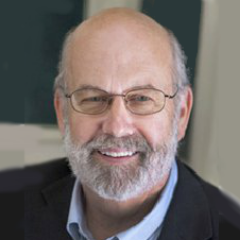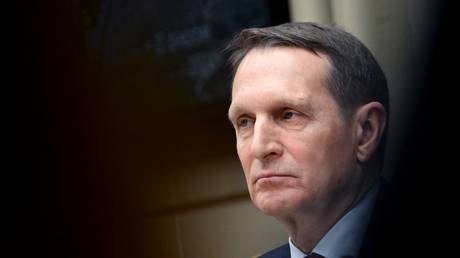A Last Look at The West That Was
by John Moon, via Lew Rockwell:
 Sputnik 1 was launched in October, 1957. I remember exactly where I was when the news story broke on the radio. My friend and I were being driven to a high school football game by his father, an aeronautical engineer at one of the largest manufacturers of helicopter rotor blades in the world. News of Sputnik was so important that he pulled the car to the side of the road so the three of us could listen to the lengthy newscast without distraction.
Sputnik 1 was launched in October, 1957. I remember exactly where I was when the news story broke on the radio. My friend and I were being driven to a high school football game by his father, an aeronautical engineer at one of the largest manufacturers of helicopter rotor blades in the world. News of Sputnik was so important that he pulled the car to the side of the road so the three of us could listen to the lengthy newscast without distraction.
The following year in 1958, at the height of the Cold War, an unknown 23 year old American pianist won the International Tchaikovsky Competition in Moscow. Despite the tension between the two countries, the Soviets treated him graciously before he returned home to a hero’s welcome. A fine example of the “promotion of world friendship through the universal language of the arts”, which was a sentiment inscribed prominently at the venue where I met Van Cliburn less than a decade later.
At age 11 I joined the Boy Scouts. Our troop was led by an exceptional man, kind, strict, and strong, who believed that the best way for boys to learn was by doing. Every three weeks during the school year, we went on a weekend camping trip. Good weather or bad, we went.
Building fires, we were each allowed one kitchen match, whether the firewood was wet or dry; whether it was windy or not. Success was anticipated, and so usually internalized. Failure meant (marginally) good natured jeers from the others, and the next boy would test his skill and try his match.
Occasionally on a moonlit night we’d be awakened at 1 AM, and told to collect a compass, matches, canteen, and flashlight, as we were going on a hike. We’d be led along a river or road for a ways, and then led off into the woods on one side or the other. After a kilometre or two of fast walking away from the road through the bush in the dark, we’d be broken into groups of 3 or 4, with one being an older boy. The group would be told to wait for 15 minutes, and then find its way back to camp. More experienced groups would be led farther on and told the same. Other than illuminating the compass from time to time, use of a flashlight was discouraged, and shouting was strictly forbidden. We learned to keep calm, and realize that all we had to do was use our compass and common sense to intersect the road or stream, which would then lead us back to camp. Sounds easy now, but when you’re 12 years old it was less so.
On one winter trip, a mildly retarded boy seriously froze both feet, resulting in his having some toes amputated. It was sobering for all of us to realize that we were a team and part of our responsibility included looking out for one another, particularly one having a disability. We had failed, but we learned, and with our encouragement the boy continued with the Scouts.
Breaking camp meant forming a line an arm’s length apart and walking slowly to pick up everything as small as a matchstick. Anything overlooked and we’d have to repeat, only on hands and knees. Leave no visible trace. And we did not.
I had just entered high school when JFK was elected in 1960. Sputnik had been used to leverage fear of the USSR for the purpose of increasing defence spending, but it had also given rise to an overhaul of the education system. For anyone showing an interest in science or engineering, like me, the result was as if a red carpet were rolling out just ahead of us. An advanced program was set up. My class was the first. We had dynamic teachers, new laboratory equipment, and a new physics curriculum created by physicists from the US and Canada, the Physical Science Study Committee, PSSC.
The thousand days from 1960 to 1963 now seem like magic. Of course we were all aware of problems, but there was also an indescribable feeling of confidence that the problems could, and would, be solved. I know how today’s high school age Russians feel – the same as we felt nearly 60 years ago. Vladimir Putin must be every bit as inspiring to them as JFK was to us.
In high school English, we read a ridiculous play by Sophocles – at least at the time it seemed ridiculous. I was far too young to be reading it, but later realized that it was introduced not for immediate consideration, but as a seed that might possibly germinate later. And it did.
These are Sophocles’s words in the tragedy Antigone: “Evil appears as good in the minds of those whom the gods lead to destruction.” That, written over 24 centuries ago, describes exactly what is happening today. What was inconceivable in 1961 is ubiquitous in 2018.


